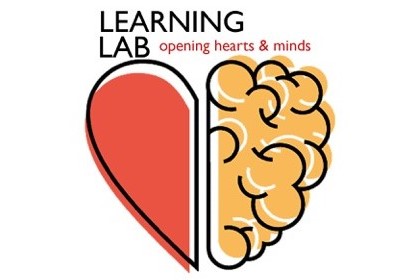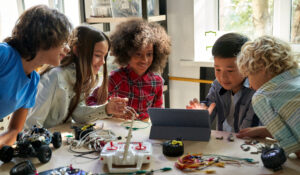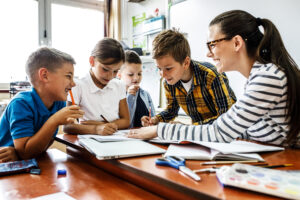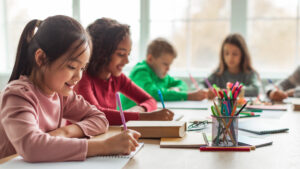[vc_row][vc_column][vc_column_text]
Learning Lab /ˈlərniNG lab/ noun
(n.) A place where:
- the art and science of learning combine and a sense of achievement is perpetually ignited.
- the neuroscience of reading is studied, celebrated and applied.
- social and emotional learning (SEL) is considered, respected and modeled.
The Learning Lab is the place where smart but struggling students can find the S.P.A.C.E. they need to live freely, love wholly, learn joyfully, grow continually and shine brightly.
Why did we change the name from The Learning Loft to Learning Lab?
We chose to change our name, logo and website to reflect our transformation from an aftercare and holistic tutoring center to an educational therapy clinic and homeschool support center that specializes in dyslexia and social emotional learning (SEL). Our new identity encompasses all of the existing expectations of what we continue to stand for while simultaneously propelling us into our next phase of progression.
What is the neuroscience of reading?
Reading involves many parts of the brain. Struggling readers may not have clear neural connections between these regions. Until recently, it was believed that how a brain was wired to learn and read was permanent. Neuroscientists have found that is not true! Our brains have plasticity or neuroplasticity. This means that our brains can adapt and change. We can create new neural pathways for reading and learning success!
In order to create and strengthen neural pathways and develop cognitive, language and literacy skills we must use the F.I.T.T. Principal (Frequency/Intensity/Time/Type) and S.M.A.R.T. Goals.
 Why is social emotional learning (SEL) important if my child needs help with reading?
Why is social emotional learning (SEL) important if my child needs help with reading?
SEL is the foundation of learning and life success and our program. It shapes self-awareness, self-regulation, social-awareness, motivation and relationships. Relationships include how we connect to ourselves, others, learning and life. At Learning Lab we provide social, emotional and executive skills coaching. We tackle frustration, handle the “not enoughness” and instill a growth mindset. Then we teach students how to set and reach goals while respectfully advocating for themselves along the way.
[/vc_column_text][/vc_column][/vc_row]





